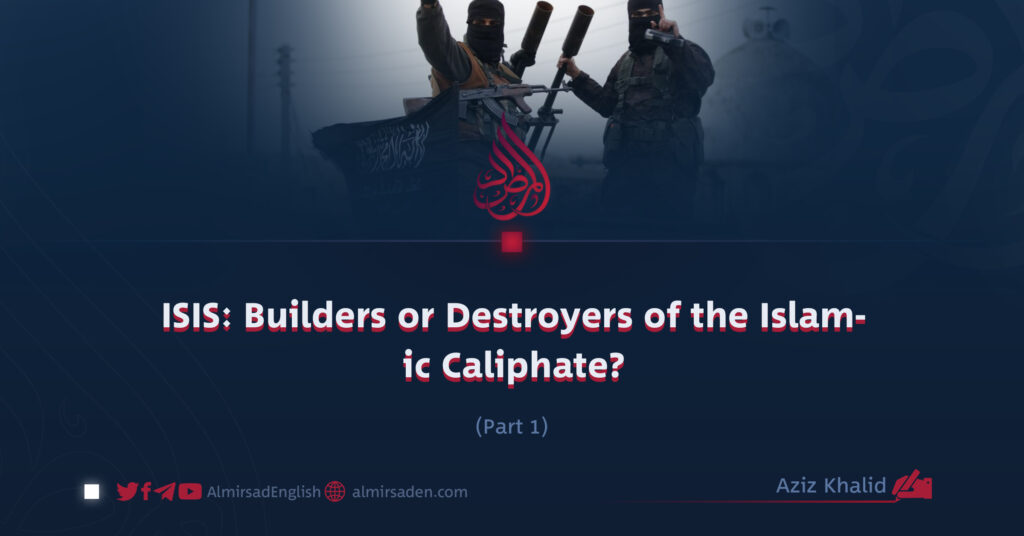Part 1
Aziz Khalid
Before turning to other questions, it is worth pausing to ask: what exactly is meant by the Caliphate? Does such an institution exist in our time? Could it be reestablished? And when, and for what reasons, did the last Islamic Caliphate disappear?
At its core, a Caliphate signifies the political and spiritual unity of Muslims under a single ruler, an Amir, who governs across multiple territories. In the modern era, this form of leadership no longer exists, nor do global powers, particularly Zionist powers, wish to see it revived. Yet, more often than not, the real obstacle lies not abroad but within the Muslim world itself. We have failed to preserve our own centers of Islamic authority and, unlike other nations, seldom stand together in mutual support.
When the Warsaw Pact was formed and later dissolved, it gave way to NATO and the European Union, alliances that in many respects learned from the lessons of historical unity once embodied by the Islamic Caliphate. To understand how the last Caliphate, the Ottoman Empire, came to an end, it is useful to reflect on the perspectives of several prominent thinkers and historians.
1. Muhammad Iqbal, Poet and Philosopher
Iqbal regarded the Caliphate as a powerful emblem of Islamic solidarity. He believed that rather than being abolished, it should have adapted to the demands of the modern age. For Iqbal, Muslims needed to awaken, act with self-reliance, and view the Caliphate as a political structure capable of protecting their independence. He saw its decline as the direct result of Muslim disunity.
2. Michael A. Hansen, Historian
Hansen argued that the collapse of the Ottoman Caliphate stemmed from internal weakness, economic strain, and relentless European colonial pressure. The aftermath of World War I and the disintegration of Ottoman power sealed its fate, while Atatürk’s secular reforms brought the institution to its final and formal end.
3. Yusuf al-Qaradawi, Islamic Scholar and Writer
Al-Qaradawi described the Caliphate as the system that guarantees the unity of the Muslim world. He called for its revival, asserting that present-day political systems fail to reflect Islamic principles. In his view, the fall of the Ottoman Caliphate resulted from a combination of internal disputes among Muslims and the encroachment of colonial powers.
4. Alexander Shishkov, Russian Historian
Shishkov observed that the Ottoman Caliphate struggled under the weight of its vast and diverse empire. Ethnic and cultural differences proved difficult to reconcile, and Atatürk’s secular movement ultimately abolished the Caliphate in pursuit of a modern Turkish nation-state. For Shishkov, this marked a turning point in the evolution of modern statehood.
5. Ahmad Amin, Egyptian Writer and Historian
Ahmad Amin believed the Caliphate’s downfall reflected its inability to evolve with the times. It failed to reform in accordance with the needs of a changing world, and its disappearance signaled both intellectual and political decline within the Muslim community.
Despite their different backgrounds, these thinkers share one essential conclusion: the purpose of the Islamic Caliphate was to unite Muslims under a single banner. Yet today, those who claim to act in its name, most notably ISIS, have brought about the very opposite. In place of unity, they have sown division. In place of faith, they have spread fanaticism. Through violence and extremism, they have misled the ummah, turning a noble ideal into a tool of destruction.
